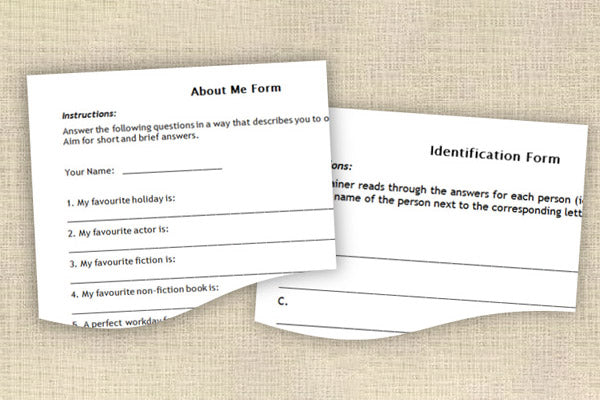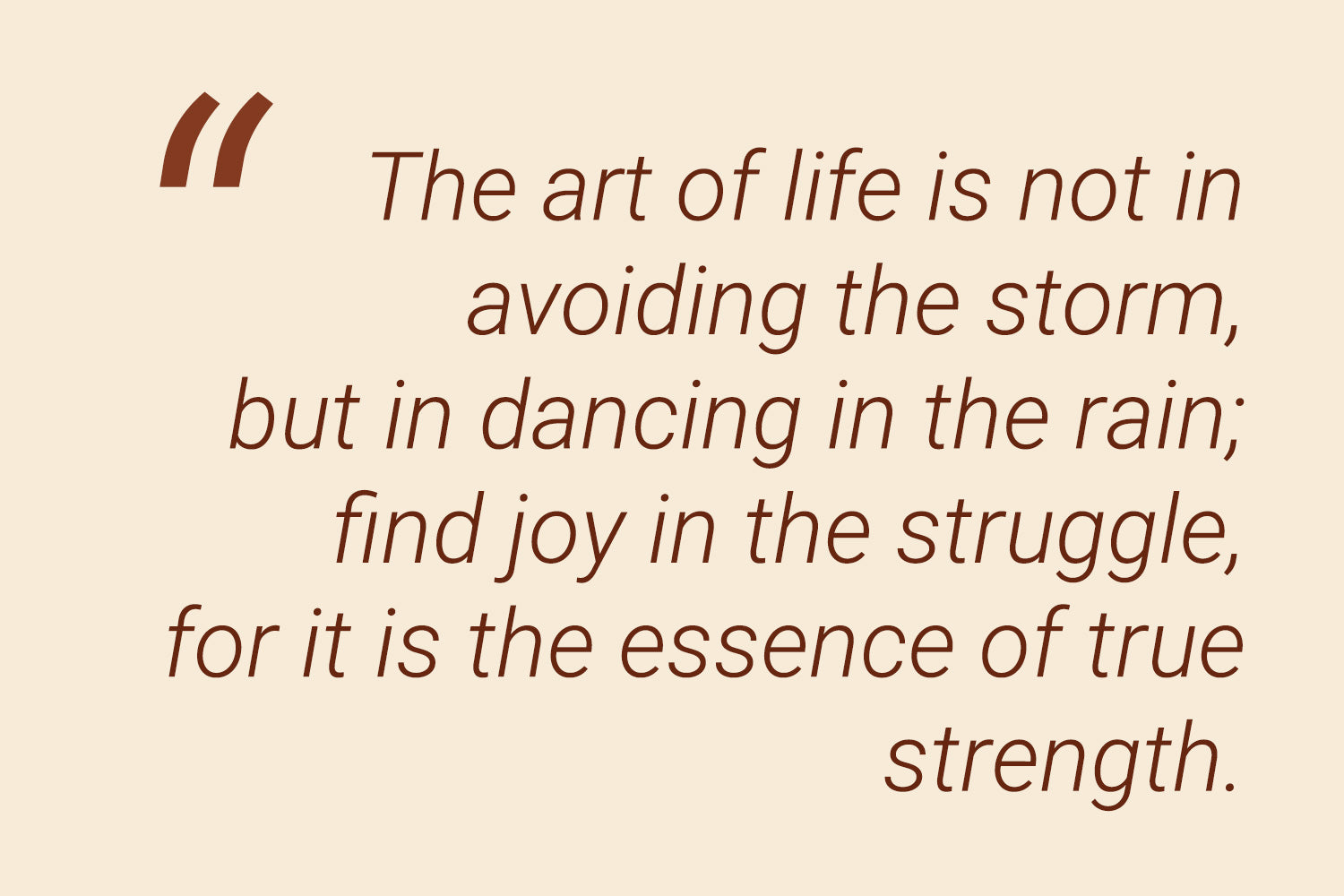Purpose
As we deal with a complex world, we make assumptions. This is an inbuilt function of our brain that helps us quickly make sense of the world around us. The problem with this is that sometimes these assumptions turn out to be wrong and misleading to the point that they can actually hinder our judgment.
An area where this is most prevalent is stereotyping. For example, you may see a homeless person. The straight forward assumption is that this person is poor and is poor as a result of making bad decisions in life. In reality, it could just be that he has experienced misfortune—a simple back luck that can happen to anyone at any time. Holding him responsible for this misfortune can be unfair.
The purpose of this exercise is to get the delegates share information with each other on counter-examples and to see stereotyping with a new perspective.
Objective
Given a stereotype find a counter-example.
What You Need
- Blank cards
Setup
- There are two stages in this exercise:
- Identify a stereotype. First think of a stereotype that you know, are familiar with or tell yourself to be aware of.
- Negate the stereotype. Consider the stereotype and negate it by providing counter examples that show that the stereotype is not always valid. The more vivid and more realistic the example the better because it would be easier to remember it.
- Give one card to each delegate.
- Ask them to write a stereotype they know on the card. Here are some examples:
- All blonds are unintelligent
- All teenagers are rebels
- All Jews are greedy
- All immigrants are lazy and are here to exploit the public finances
- All politicians only care about their own personal gain
- All Muslims and Arabs are terrorists
- Women aren’t as smart as men
- Taxi drivers the world over are horrible drivers
- All restaurants in touristy locations serve bad food
- Men only think about sex
- No salesman can be trusted
- Allocate one minute for this part.
- Collect all cards and place them face down in a deck accessible to all.
- Ask delegates to pick one card each. If it is their own card, they should swap it with the person on their left.
- Ask each delegate to think of a counter-example for the stereotype. They can write their answer on the back of the card.
- Allocate two minutes for this part.
- Ask a volunteer to start the second stage of this exercise and present the stereotype on their card and the counter-example they have identified.
- Encourage others to suggest other counter-examples or share real-world examples. Some of these counter-examples might be obvious. The aim in this exercise is to highlight them and make people more aware of them so the vivid examples remain in the conscious mind helping people not to make snap judgments based on stereotypes. This is why the more unusual and the more realistic the example, the more likely that it will be remembered.
- Continue until everyone has discussed their stereotype.
- Follow with a discussion.
Timing
Explaining the Exercise: 5 minutes
Activity: 1 min choosing stereotype + 2 min choosing counter-example + 20 min sharing with the group = 23 minutes
Group Feedback: 10 minutes
Discussion
What did you think of the stereotypes identified? What did you think of the counter-example suggested by others? Which counter-examples were novel and most unusual? In what way has this exercise helped you to become more aware of making snap judgments?
Soft Skills Training Materials
Get downloadable training materials
Online Train the Trainer Course:
Core Skills
Learn How to Become the Best Trainer in Your Field
All Tags
Training Resources for You

Course Design Strategy
Available as paperback and ebook

Free Training Resources
Download a free comprehensive training package including training guidelines, soft skills training activities, assessment forms and useful training resources that you can use to enhance your courses.

Our Comprehensive Guide to Body Language

Train the Trainer Resources
Get Insights - Read Guides and Books - Attend Courses
Training Materials
Get downloadable training materials on: Management Training, Personal Development, Interpersonal Development, Human Resources, and Sales & Marketing














Leave a comment
All comments are moderated before being published.
This site is protected by hCaptcha and the hCaptcha Privacy Policy and Terms of Service apply.